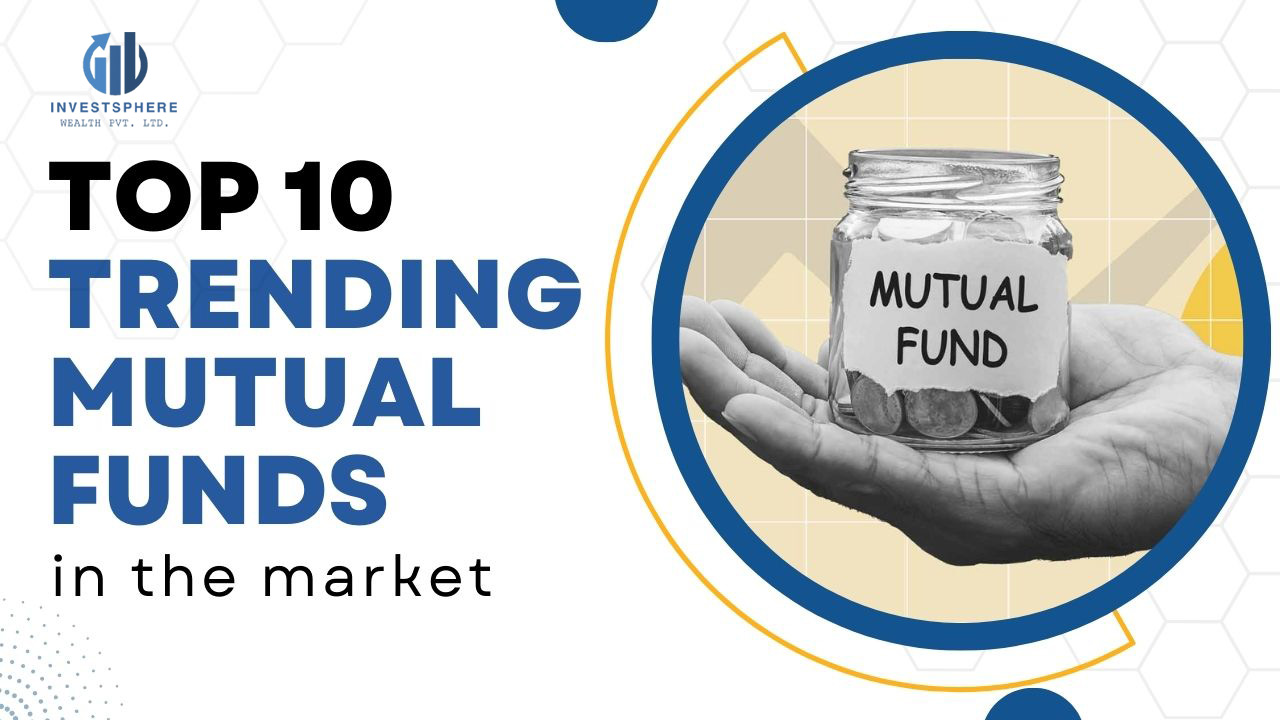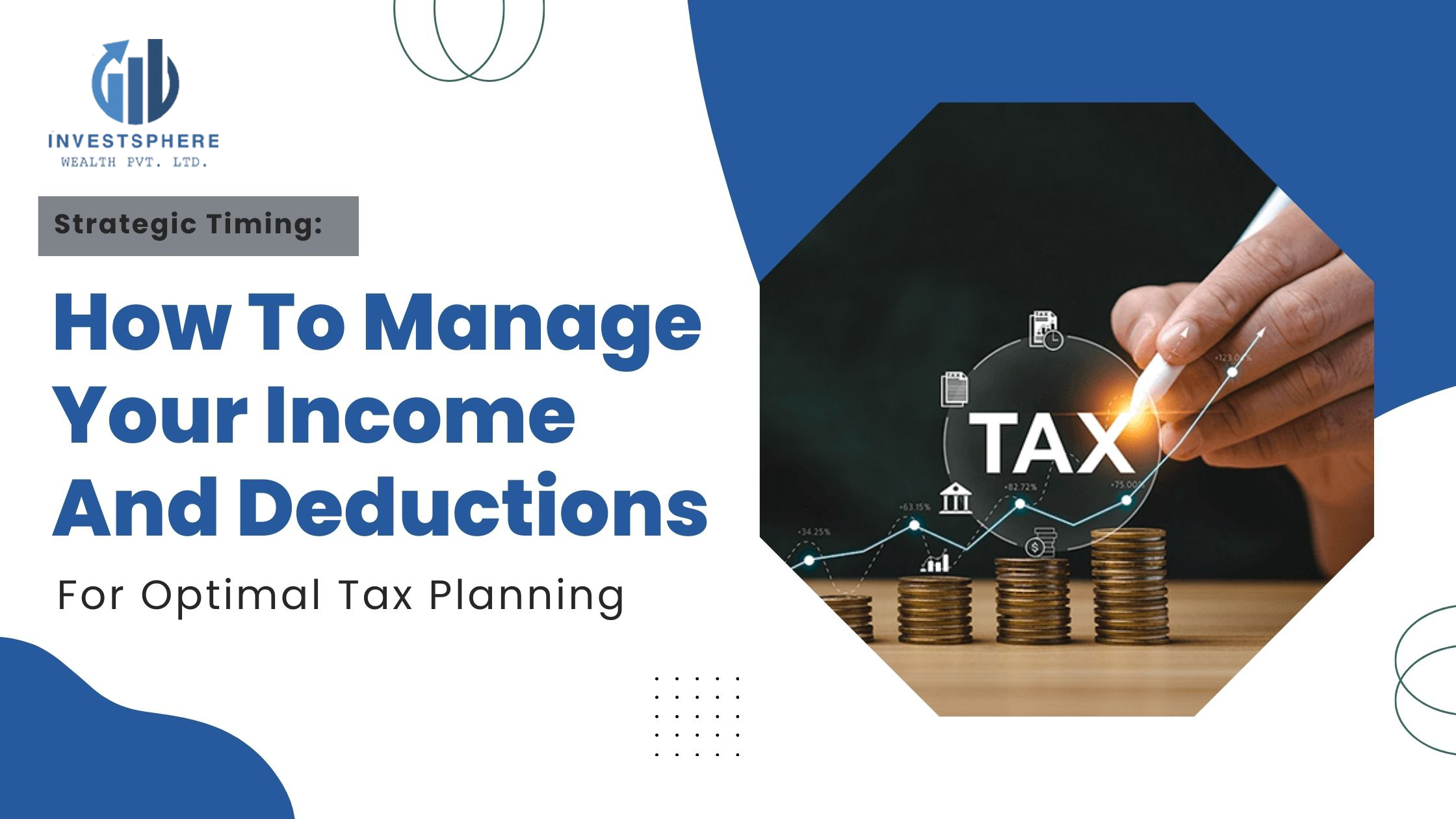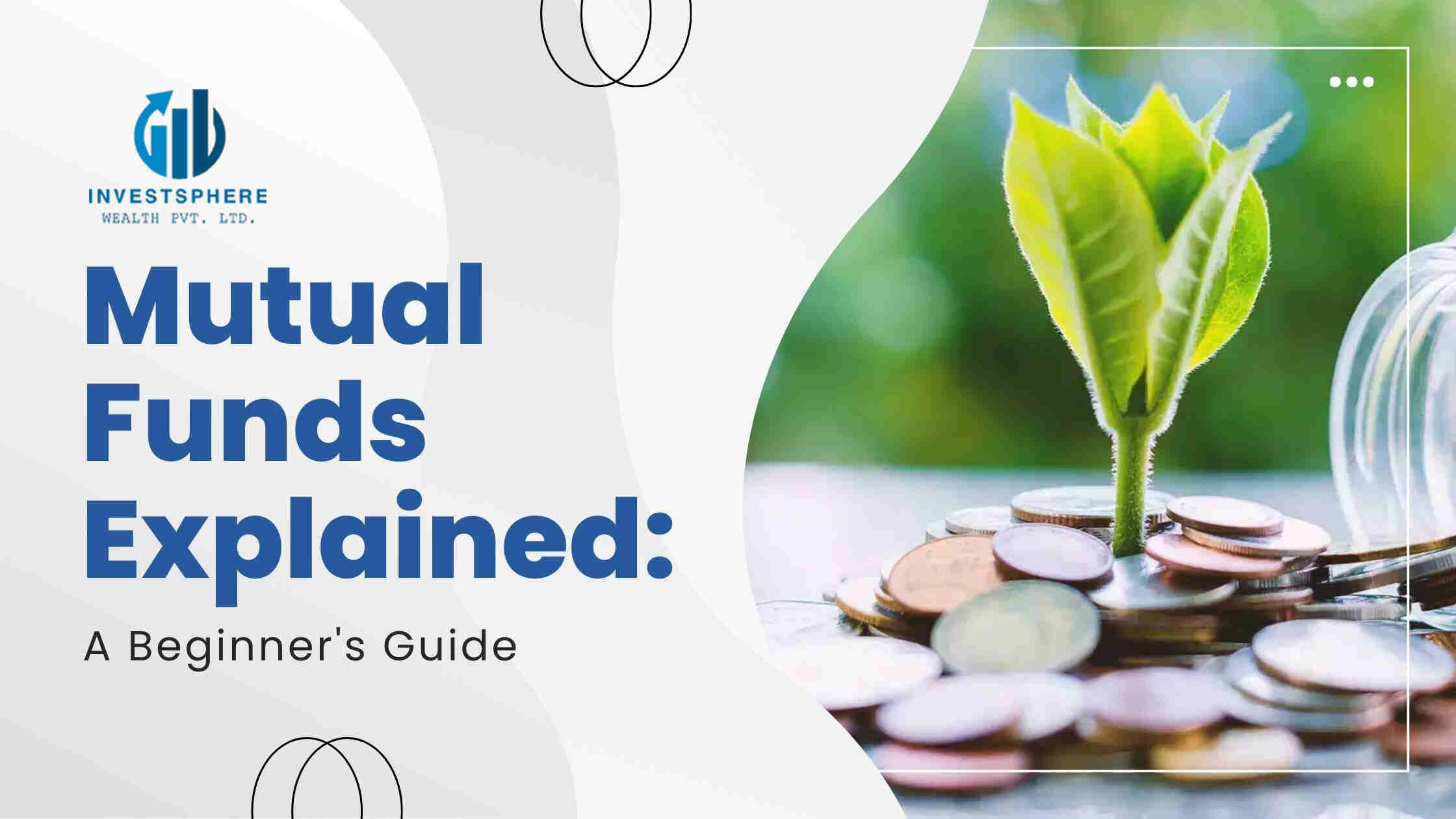Alternative Investment Funds (AIFs) offer diverse investment avenues beyond traditional stocks and bonds. They encompass various options like private equity, venture capital, real estate, and infrastructure projects. AIFs aim to generate higher returns by investing in less conventional assets, such as commodities, art, or distressed debt. These investments provide opportunities for portfolio diversification and potential capital appreciation. However, they also entail higher risks and may have longer investment horizons. AIFs are managed by professional fund managers who employ specialized strategies to optimize returns while managing risks effectively. Investors seeking to explore alternative investment opportunities can consider AIFs to complement their traditional investment portfolios.
What are some alternative investment options that AIFs may include ?
Private Equity:
AIFs may invest in private companies at various stages of growth, providing capital for expansion, acquisition, or restructuring.
Venture Capital:
AIFs may invest in early-stage or startup companies with high growth potential, aiming to generate significant returns upon successful exit or IPO.
Hedge Funds:
AIFs may invest in a wide range of assets and use sophisticated strategies, such as derivatives and leverage, to generate absolute returns or hedge against market risks.
Real Estate:
AIFs may invest in real estate assets, including residential, commercial, or industrial properties, as well as real estate development projects and real estate investment trusts (REITs).
Infrastructure:
AIFs may invest in infrastructure projects, such as roads, ports, airports, power plants, and renewable energy projects, providing long-term stable returns.
Commodities:
AIFs may invest in physical commodities, such as gold, silver, oil, or agricultural products, or commodity futures contracts to capitalize on price movements.
Debt Funds:
AIFs may invest in debt instruments, including corporate bonds, government securities, structured products, and distressed debt, seeking to generate fixed income returns.
Art and Collectibles:
AIFs may invest in art, collectibles, antiques, and other tangible assets, aiming to benefit from capital appreciation and diversification.
Private Debt:
AIFs may provide financing to companies or projects through direct lending, mezzanine financing, or distressed debt investments, earning interest income and potential capital gains.
Structured Products:
AIFs may invest in structured products, such as collateralized debt obligations (CDOs), mortgage-backed securities (MBS), or credit-linked notes, offering customized risk-return profiles.





